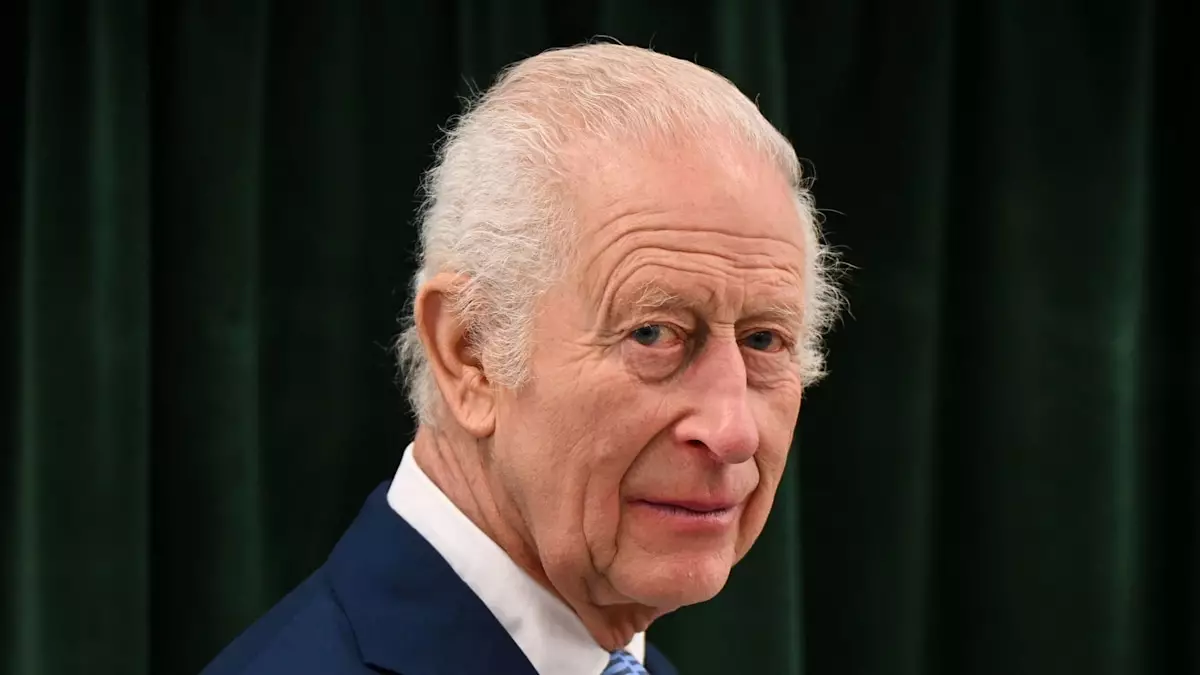As Christmas approaches, the atmosphere at Sandringham Estate transforms into an idyllic picture of royal tradition. King Charles, along with his immediate family, congregated at this historic residence, reflecting the importance of familial bonds during the festive season. Accompanied by notable family members such as Princess Anne and her husband Sir Timothy Laurence, the royal family continued their long-standing custom of attending church services together. This year’s service at St Mary Magdalene Church, attended by Queen Camilla and other close relatives including Prince Edward and Princess Beatrice, illustrated the King’s commitment to preserving these traditions, promoting warmth and unity among family members.
However, the solace of these familial moments is temporarily punctuated by the somber news regarding the death of former President Jimmy Carter, who passed away at the age of 100. In a poignant statement released Sunday night, King Charles expressed his heartfelt condolences, highlighting Carter’s lifelong commitment to peace and human rights. This thoughtful communication is a reminder of the often-overlooked link between modern monarchies and pivotal historical figures, emphasizing that even in celebrations, moments of reflection on global affairs remain integral.
Despite the presence of numerous royal family members, notable absences cast a shadow over the festivities. Prince Andrew, Sarah, Duchess of York, and Princess Eugenie were not in attendance at Sandringham. Their choices reflect personal decisions rather than familial rifts, as they opted for a quieter celebration away from the royal spotlight. Reports suggest that Princess Eugenie and her family chose to spend Christmas with her husband’s relatives, a significant departure from traditional royal gatherings. Such deviations remind us that even within royal circles, contemporary family dynamics often mirror those of the wider society.
Adding to the absence was the Duke and Duchess of Sussex, who, with their children, Prince Archie and Princess Lilibet, remained in the United States. Their choice to forgo royal festivities reinforces the evolving narrative of modern monarchy, where personal autonomy and geographical distance shape how royal traditions are observed. This juxtaposition between tradition and modernity invites contemplation about the evolving nature of familial ties within royal governance.
As the holiday season unfolds, the balance of tradition and innovation becomes increasingly potent within the British royal family. King Charles’ heartfelt remembrance of President Carter demonstrates a sensitivity towards significant world events, positioning the monarchy as an institution that continues to acknowledge and honor past leaders who have shaped society. This blend of personal grieving and familial celebration illustrates the multifaceted roles that royalty must embrace—performing public duties while cultivating private relationships.
In this era of change, where modern families adapt and evolve, the royal family remains a symbolic bastion of history and heritage. As the world shifts and challenges emerge, one cannot help but wonder about the future of these beloved traditions. Just as King Charles honors the legacies of those who came before him, he will also inevitably shape the royal narrative for generations to come, blending modernity with enduring customs into a cohesive story of resilience, community, and continuity.

